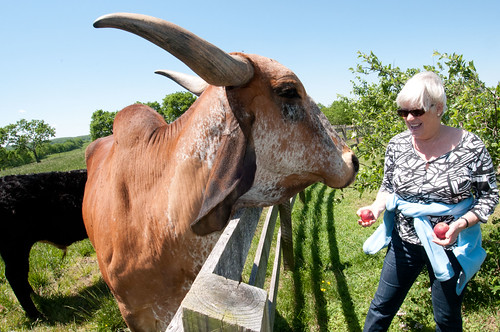When you take the time to apply the correct organic gardening strategies and products, you will tell from your harvest! It presents the fact that you are concerned about your part to create healthy plants and that you want them reach their full potential. However, you can always find new things to learn about, and hone your existing ones. The following advice in this article will help in your quest for the perfect organic garden.
Plant ever-bearing strawberries for your children.Children will be more willing to eat other foods you’ve planted as well.
Try using aspirin in the water to get rid of plant diseases. Dissolve aspirin (1.5 pills per 2 gallons of water for a bucket and administer to your plants. You can just spray this on them to fight of disease. Try to apply the mixture to the plants with this around every three weeks.
Pine needles make a great mulch. Cover your beds with the needles, they will release acid into the soil and nourish your plants.
Don’t let all the little chores in your organic gardening tasks stack up for very long. Even if you are too busy to tend to your gardens needs every day, do small tasks that will help you avoid having to do large tasks when you finally do have time. For instance, pull a few weeds if you’re outside and waiting for your dog to finish his business.
Use an aged laundry basket to help you want to collect your garden. The basket is a perfect strainer for any produce run off.
Plant Material
Your compost pile should contain green plants and dry plant materials.Green plant material consists of spent flowers, veggie and fruit waste, leaves, grass clippings, and leaves. Dried plant material, however, can include items such as cardboard, used wood chips and straw. Avoid ashes, charcoal, diseased plants and meat-eating animal manure.
Some typical examples are petunias and petunias. If you are unsure about your seed’s requirements for sunlight, a guide either comes with seeds, or you can find this information online.
Adjust your watering according to season and climate.For instance, if you live in a humid climate where it never goes below 30 degrees Celsius, it is important not to water leaves, as doing so tends to foster fungus growth.
Add mulch to keep your garden to improve the vitality of the soil.The mulch acts as a protection for the soil underneath. Mulch will keep the soil is kept cool on hot days and protect the roots. It will also stop the soil retain moisture longer by reducing the hot sunlight. It also serve as a method of controlling unwanted weeds.
Organic Gardening
You now have the information you need to start applying these tips to your own organic garden. You are ready to start your own garden. As with most things, organic gardening requires that you never stop learning to improve your craft. Take the tips from above to boost your knowledge arsenal about organic gardening. With luck, you have learned something you can use to get the most from your garden.
